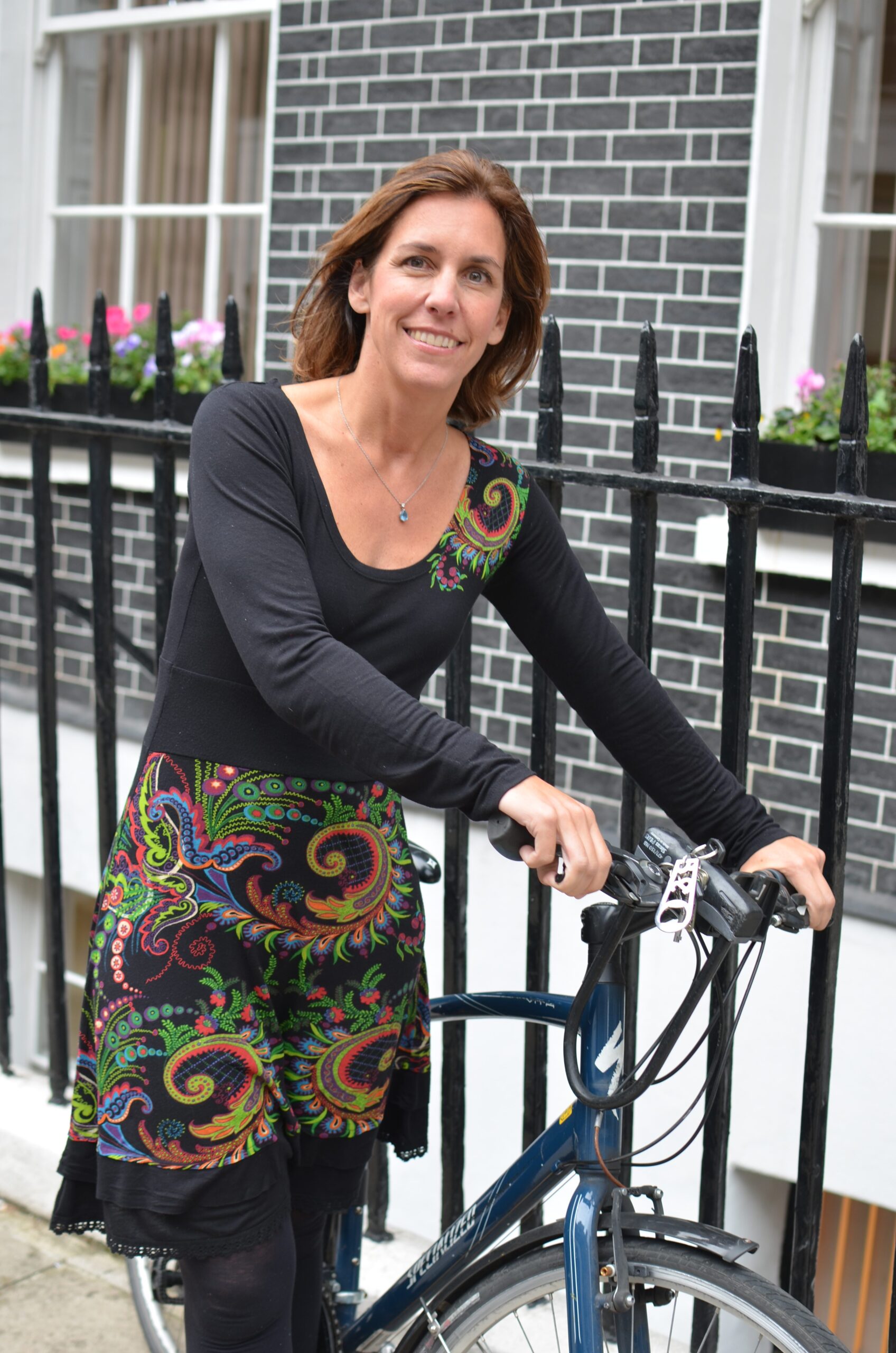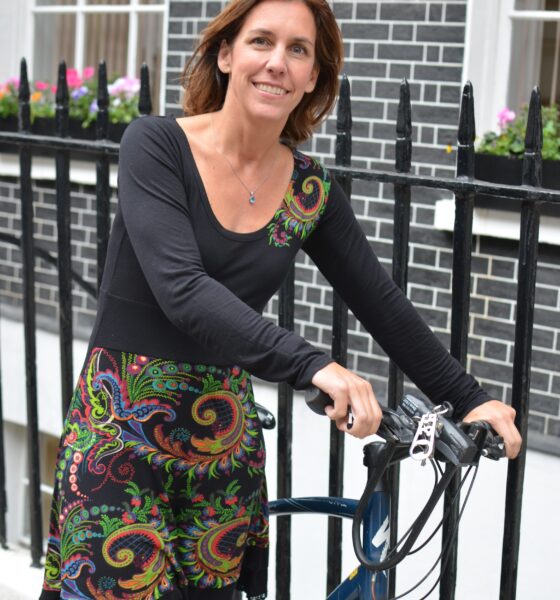

Economy
Ethical investment pioneer: Clare Brook, WHEB Asset Management
We’re publishing daily interviews, conducted by Greenhouse PR, with a different ethical investment pioneer each day this National Ethical Investment Week (NEIW).
Thursday’s pioneer is Clare Brook of WHEB Asset Management, who has been a leading figure in the ethical and environmental investment sector for 20 years.
She follows UKSIF chief executive Simon Howard, Sebastian Parsons of Stockwood Community Benefit Society, Paul Ellis of Ecology Building Society, James Vaccaro of Triodos Bank, Claudia Quiroz of Quilter Cheviot and John Ditchfield of Barchester Green.
Tell us, in 20 words or fewer, about WHEB. What’s your mission?
WHEB aims to invest in companies that are providing solutions to some of the most serious sustainability challenges we face.
What motivates you to do what you do?
All the technology exists to solve our most serious problems – climate change, hunger, water shortages, pollution. It’s just a question of redirecting capitalism so that the economy works for people, planet and future generations. I think I’m playing a very small part in effecting that shift.
What are the biggest challenges in building momentum for ethical finance?
Making people realise that investing in line with your values is not flaky or likely to lead to bad performance, but actually the most sensible thing you can do in the long run.
What trends or developments are you most excited about in sustainable and ethical investment?
The rise of focused, thematic funds, such as ours. For a while it seemed as if the direction of travel was for sustainable and ethical investment to become increasingly mainstream, and the top 10 holdings of many funds looked exactly like non-ethical funds.
Thematic funds have a much more interesting range of holdings that are genuinely providing solutions to sustainability challenges.
What one thing could change the future of finance?
It’s obviously not something I’d wish, but a really catastrophic climate change related event – New York or London under water – would make policymakers wake up to the fact that we need to reduce greenhouse gas emissions dramatically and concertedly, not just by the subtle increments that are talked about at Copenhagen and Rio.
That would mean that the global economy would cease to be dominated by oil companies and other unsustainable industries and would instead be led by renewables and energy efficiency companies.
Where do you want to take WHEB next?
We want to continue to grow assets under management in the FP WHEB Sustainability Fund so that WHEB can become a large and even more influential business.
What can we, as individuals, do to make a difference?
Fight the good fight. Don’t give up, even if it sometimes seems futile.
If you were prime minister for a day, what would be the first thing you’d do?
Ban petrol-driven cars.
What’s the coolest project or product you’ve come across, and inspired you?
I still think the bicycle is the greatest invention ever! And I think Boris Bikes have been an excellent initiative for London.
Can you recommend a life- or game-changing book for our readers?
Capitalism: As If The World Matters by Jonathon Porritt.
What’s the best advice you’ve ever been given?
The best advice I heard was in a recording of a face to face interview with Bertrand Russell, the great philosopher. He was asked what his one message to humanity would be, and he said, “It’s a very simple one: love is good and hate is bad.” I try to remember that in the most complex of situations.
If you could encourage people to invest in one thing, what would it be and why?
Well of course I’d say the FP WHEB Sustainability Fund (although our head of compliance would say you’d have to speak to a financial adviser and not take my word for it!) To see why, have a look at www.whebam.com.
Can you leave us with who’d be your ethical investment pioneer?
Ben Goldsmith is my ethical investment pioneer. He’s only 32, but he’s already achieved a huge amount, notably co-founding WHEB, which is on course to be the leading sustainable finance firm in Europe and setting up the Environmental Funders Network.
He and his brother Zac are also trying to make the Conservative party see sense on environmental issues. He’s achieved all this in about a decade, so who knows what he might achieve in the next few.
National Ethical Investment Week 2013 runs from October 13-19. Join the debate on Twitter using the hashtag #moneydoinggood.
Further reading:
‘Positive’ investment worth £1.6bn in the UK
63% of UK investors want to be offered sustainable investment options
£11 billion invested ethically in the UK: infographic analysis
Survey: environmental issues concern ethical investors the most


 Environment12 months ago
Environment12 months agoAre Polymer Banknotes: an Eco-Friendly Trend or a Groundswell?

 Features11 months ago
Features11 months agoEco-Friendly Cryptocurrencies: Sustainable Investment Choices

 Features12 months ago
Features12 months agoEco-Friendly Crypto Traders Must Find the Right Exchange

 Energy11 months ago
Energy11 months agoThe Growing Role of Solar Panels in Ireland’s Energy Future






























